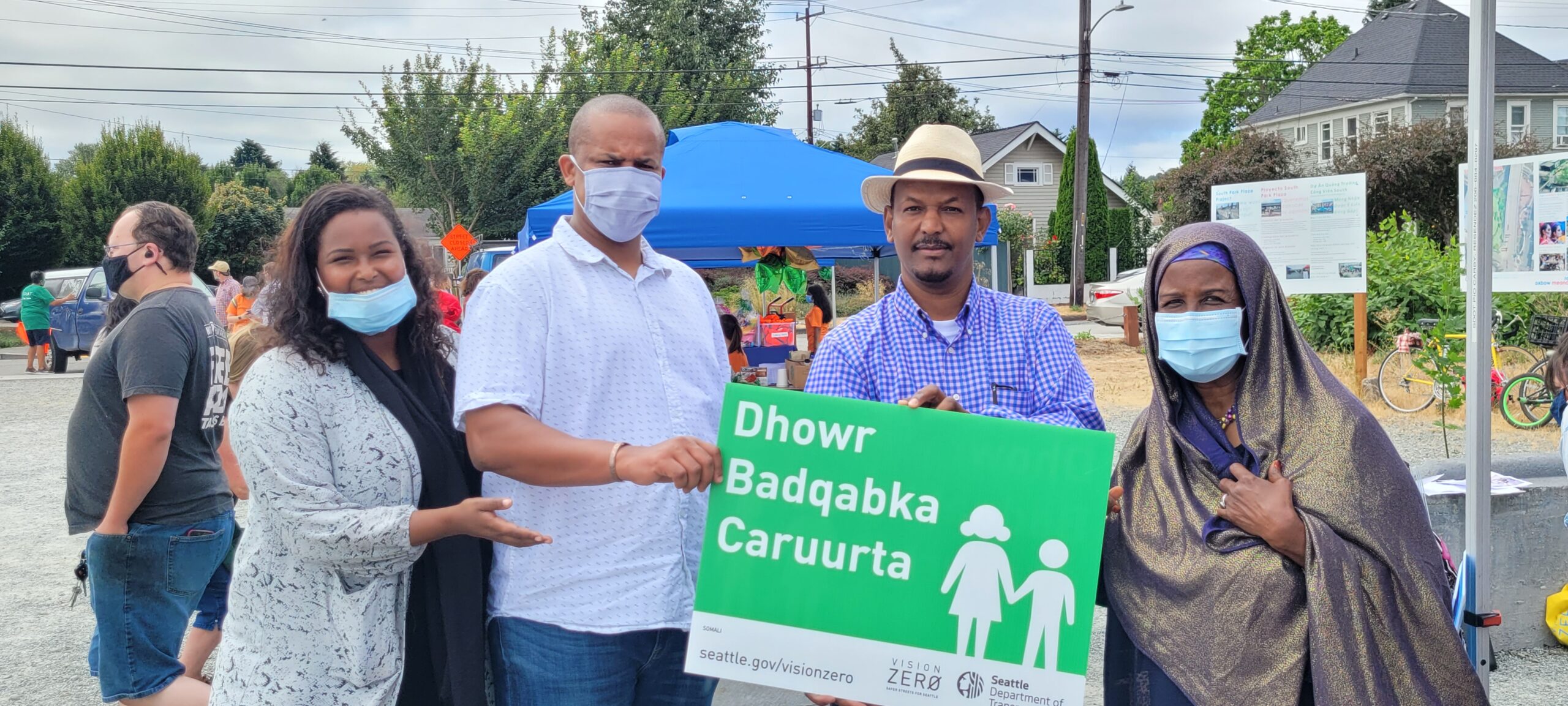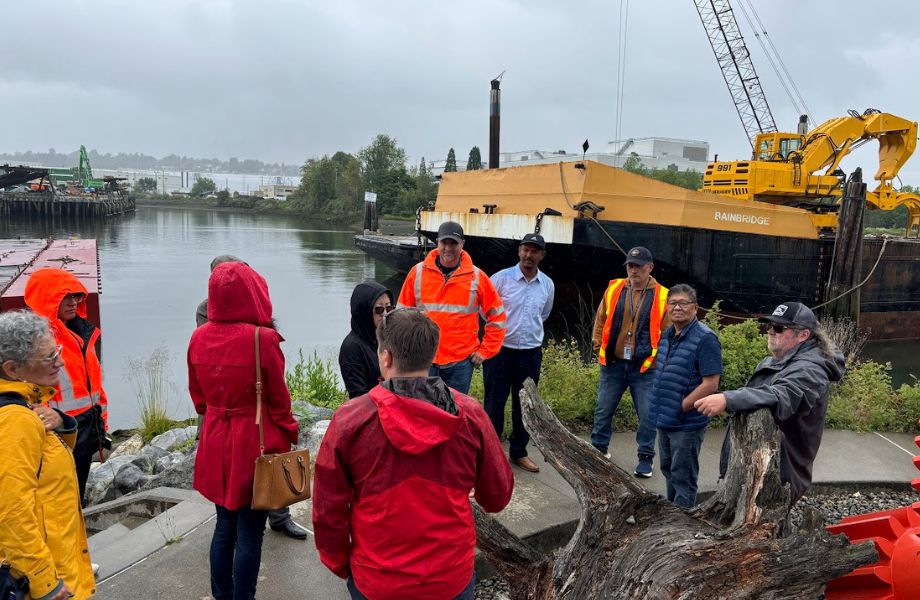The rise of autonomous vehicles (AVs) marks a transformative era in transportation, promising significant advancements in mobility and innovation. However, ensuring that this technology serves the needs of all communities, particularly those historically underserved, requires thoughtful planning and leadership. As an advisor to the Seattle Department of Transportation’s (SDOT) Autonomous Vehicle Inclusive Planning Cohort (AVIPC), I had the opportunity to contribute to an equitable, forward-thinking framework for integrating AVs into Seattle’s transportation landscape.
Revolutionizing AV Integration with Equity at the Core
The AVIPC initiative embodies SDOT’s commitment to safety, sustainability, and equity. The cohort aims to address systemic challenges while maximizing the benefits of AV technology for all Seattle residents. By working collaboratively, we ensured that the implementation of AVs was not only innovative but also inclusive.
Key Contributions to AV Planning
1. Community-Guided Recommendations
- Participated in a 6-month facilitated process to create community-driven strategies for AV policies.
- Focused on addressing diverse concerns, such as accessibility, environmental sustainability, and the equitable distribution of AV benefits.
2. Emphasizing Racial Equity
- Integrated the Racial Equity Toolkit (RET) into all aspects of the planning process to ensure systemic equity.
- Advocated for the inclusion of historically underrepresented communities, prioritizing their needs in policy development.
3. Fostering Stakeholder Collaboration
- Collaborated with community leaders, urban planners, and AV industry experts to balance innovation with public interest.
- Facilitated dialogues to address challenges such as access disparities and potential workforce impacts due to automation.
4. Strategic Policy and Planning
- Proposed legislative recommendations to overcome regulatory hurdles and embed equity into Seattle’s AV framework.
- Focused on aligning AV technologies with broader city goals, including reduced emissions, safer roads, and enhanced mobility.
5. Delivering Actionable Outcomes
- Contributed to the University of Oregon’s Urbanism Next Center’s comprehensive final report, encapsulating equity-driven strategies, and measurable outcomes.
- Positioned Seattle as a leader in equitable AV policy planning, setting a model for other cities.
Driving Equity and Innovation Forward
Advisory roles such as mine are crucial in bridging the gap between technological advancements and community needs. By aligning AV implementation with equity and sustainability, we ensured that this transformative technology benefits all residents, particularly those in marginalized communities.
The AVIPC’s work represents a bold step toward a future where autonomous vehicles contribute not just to mobility but to social and environmental justice. This initiative underscores the importance of inclusive planning in shaping technology that truly serves everyone—paving the way for a smarter, fairer transportation system in Seattle.
As we look ahead, the lessons learned from this process will serve as a blueprint for cities nationwide, proving that innovation and equity can—and must—go hand in hand.
By, Abdirahman Omar.








